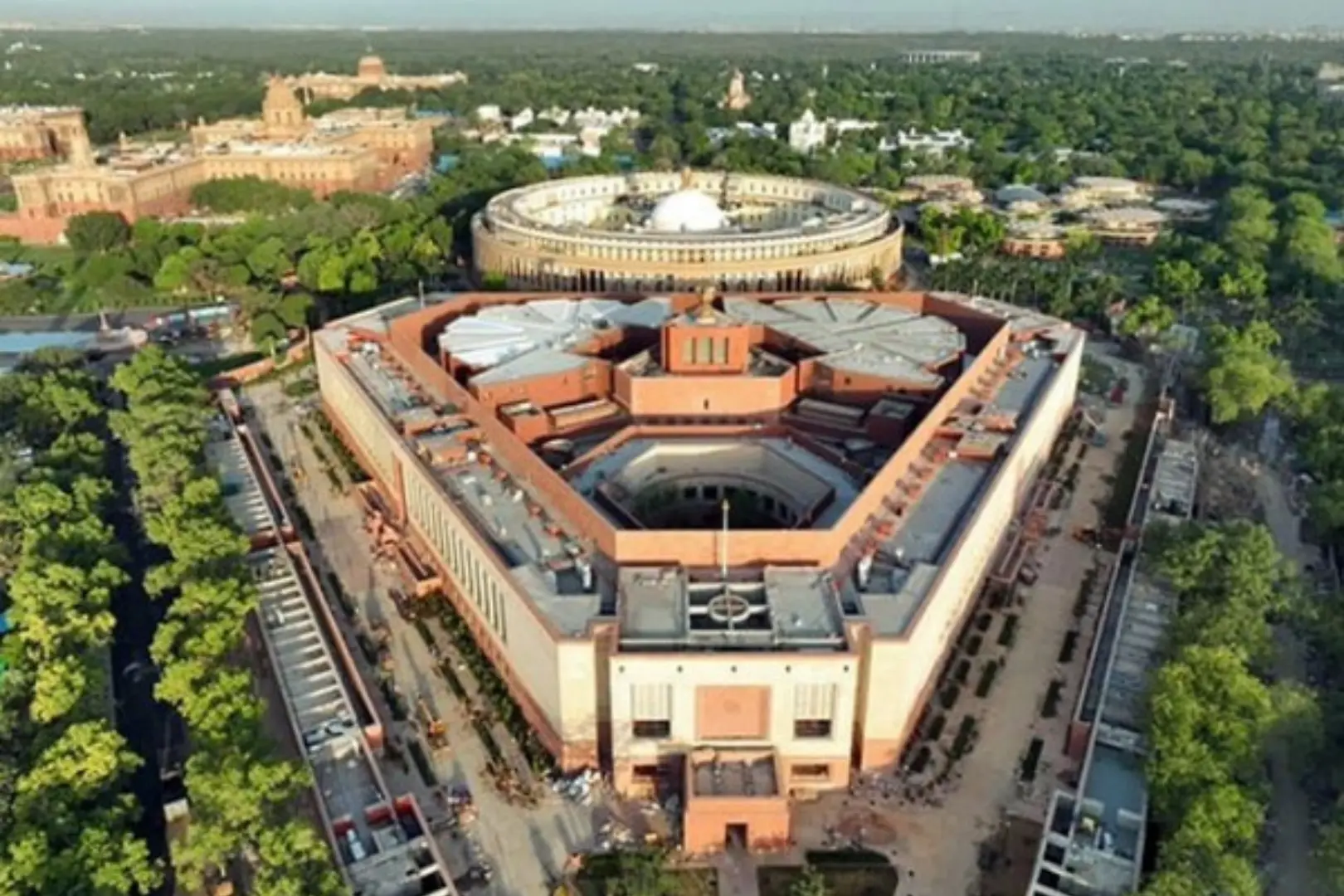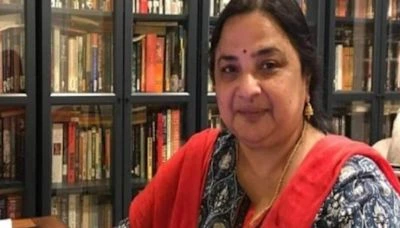04-Nov-2024, 11:24 AM
The Joint Parliamentary Committee (JPC) is set to convene today to discuss the contentious Waqf (Amendment) Bill, 2024, which has sparked significant debate and opposition from various Muslim organizations, including the Jamaat-e-Islami Hind and the All India Muslim Personal Law Board and the Jamaat-e-Islami Hind. . The meeting will provide a platform for these groups to express their concerns and suggestions regarding the proposed amendments.
Background of the Waqf Bill
Introduced in August 2024, the Waqf (Amendment) Bill aims to reform the management of waqf properties, which are Muslim religious endowments. The government asserts that the bill seeks to enhance transparency and efficiency in waqf administration, including provisions for digitization of records and stricter audits. However, many critics argue that it undermines the rights of the Muslim community by allowing greater governmental control over waqf properties, leading to fears of encroachment and mismanagement123.
Opposition from Muslim Organizations
The Jamaat-e-Islami Hind has been vocal in its opposition, arguing that the bill could facilitate the usurpation of waqf lands by government and private entities. They contend that it grants excessive powers to district collectors to determine waqf property ownership, which could jeopardize community interests7. Similarly, other organizations like the Jamiat Ulema-e-Hind have called for a united front against what they describe as a “dangerous” piece of legislation that threatens the constitutional rights of Muslims1.
During previous JPC meetings, tensions have escalated as opposition members accused the committee of lacking a fair consultative process. They claim that the inclusion of non-Muslim organizations in discussions is inappropriate and politically motivated23. Prominent leaders from various parties have also expressed their concerns, with Andhra Pradesh Chief Minister N. Chandrababu Naidu emphasizing his commitment to protecting Muslim interests against any harmful legislation1.
Today’s Meeting Agenda
In today’s meeting, representatives from various Muslim organizations will present their views alongside other stakeholders. This includes input from Justice in Reality and Panchasakha Prachar from Odisha, as well as a delegation from the Indian Union Muslim League23. The committee’s objective is to gather diverse perspectives to refine the bill further before it is potentially tabled in Parliament.
As discussions unfold, it remains crucial for all parties involved to consider the implications of the proposed amendments on community welfare and constitutional rights. The outcome of this meeting could significantly influence future legislative actions concerning waqf properties and their management in India.





